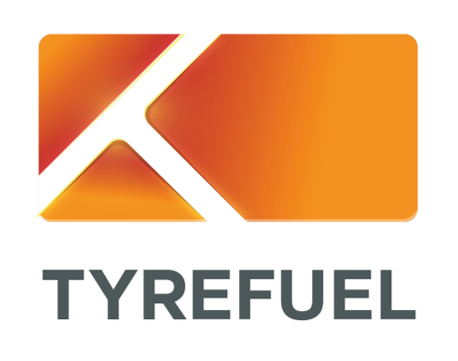

Ecopneus is strongly committed to the recycling of rubber from ELTs. It is equally strongly committed to the preparation of ELT recovery as derived fuel for the production of energy – that is, Tyrefuel – for those amounts that the market of applications cannot absorb every year. This segment represents a fundamental component for the closing of the cycle of the recovery of ELTs, first of all, facing an internal market for recycled rubber from ELTs that is still not sufficiently developed to be able to absorb all available material, and the obstacles – even legislative ones – that do not favour its full development.
The energy recovery of Tyrefuel materials derived from ELTs is mainly carried out in cement factories. This allows to better exploit the high calorific value of rubber, which is comparable to the one of pet-coke. Its high burning temperatures guarantee the compliance with emission limits. Moreover, the use of this process allows to recover ashes and steel as materials from combustion residues. They are then included in the end product, thus avoiding the use of further virgin raw materials and also producing an environmental and financial benefit for both companies and society. To a lesser extent, ELTs managed for energy recovery are used for the production of electricity. Thus, also for energy recovery, the Tyrefuel materials derived from ELTs present some characteristics that make of them a precious resource:
- high calorific value
- they replace other fuel richer in negative components, thus improving the quality of emissions of the plants as a consequence
- in the production of cement, functional use also of steel present in the tyre
In 2018, ELT recovery for the production of energy (whole, shredded, or chipped ELTs as well as the textile fibres separated during the production of granules and powders) was carried out as follows: 57% in Italy (in 4 cement factories and 1 power plant), the remaining 43% was recovered in foreign cement factories, mainly in Turkey (54.2%), South Korea (26.1%), and Romania (19.5%). A much lower amount was recovered through pyrolysis in Slovakia (0.3%). Differently from previous years, no ELTs for energy recovery were sent to Morocco and other non-OECD countries due to the high amounts requested as a guarantee for the transport of ELTs towards those destinations, which make them too expensive.

 Collect ELT
Collect ELT